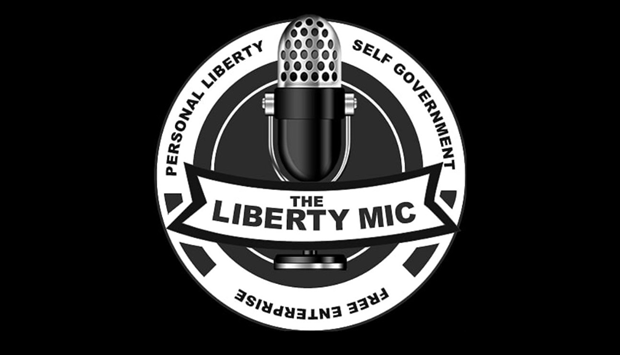Are we being prepared for an invasion of Venezuela? Here and there I’m hearing some of the same rhetoric that led up to US military intervention in the Middle East and North Africa. We must not forget that Venezuela has the largest oil reserves in the world. Remember my previous article when I pointed out that official US policy states the role of the military in “inter-state strategic competition”? Control of Venezuela’s vast oil reserves would certainly give the US an advantage, and it’s the same kind of advantage we’ve been seeking for decades in the Middle East.
The term ‘failed state’ has come up repeatedly as an excuse to engage or continue wars around the world. Often the failed state claim is conflated with an authoritarian regime that is not tamed by the US. The general story is that such-and-such nation has or may become a ‘failed state’ and generate instability in the region or threaten peace with its neighbors; or its internal instability has created a humanitarian crisis. Therefore, the US military must step in, eliminate or drive out the criminals controlling the populace and facilitate a transition to democracy.
This has been the story in Afghanistan, Somalia, Iraq, Syria and even Libya (though that one truly became a failed state after the NATO actions). For most of these, the failure or threat of a failed state occurred after US military intervention and became an excuse to stay engaged. Now, Venezuela is being referred to as a failed state. It’s a fair point, since people are literally eating house pets, zoo animals and rats, because they cannot find bread (but at least the prices are low). The failed state rhetoric is not new, but the coverage has been ramping up.
Last month, Nicolas Maduro was re-elected carrying 68% of the vote, but the election results were rejected by the US before the votes had been tallied, and immediately economic sanctions were laid on the already troubled country. While I cannot make the argument that Venezuela is a fully functioning state, or that it was a free and fair election; and I won’t address the ineffectiveness of sanctions to achieve political aims (especially since Maduro claims that Venezuela’s woes are the result of economic warfare waged by the US; here’s an alternative explanation); I will point out that the election of Maduro in 2013 was also challenged by the US. Venezuela responded to the sanctions by accusing the US Embassy of conspiracy and expelling diplomats. Maduro did not provide an explanation, but there are $15 million dollars appropriated under the Economic Support Fund of Section 7045 of the omnibus “to promote democracy and the rule of law in Venezuela.”
I could add layers to this story ad nauseum, but the point is this: We have seen this pattern before. A nation led by an authoritarian is not engaged in the world economy as dictated by the WTO, either by being isolationist or protectionist, despite having a valuable natural resource. A crisis is discovered or created. The state falls into chaos, often forcing the leader to become more despotic to maintain order. A humanitarian crisis is declared. If the US government does not believe they can intervene militarily without its citizenry noticing, and there is not enough support for military intervention, the state is declared a threat. This can come in many forms: The crisis has created refugees that are a threat to our border, or the lack of government authority has created a haven for terrorists, or opposition that is even more unfriendly to the US may seize control, or the nation has dangerous weapons that are unaccounted for or… well, you get the point. If none of that is enough to get Americans riled and ready to fight, there will be a chemical weapons attack or something equally outrage-worthy targeting civilians.
Then, there will be ‘no choice’ but to send the US military and oust the ruthless leader who is the cause of all this strife. And, you may have noticed, our adventures in regime change have not worked to our advantage. Regime change has been a topic for Venezuela under Chavez as a supporter of terrorism and during the demonstrations of 2014. I suppose the point of all this is as a warning. Recognize the propaganda that leads to intervention. We cannot permit our government to engage in another aggressive war, regardless of the public excuses provided.
-M
